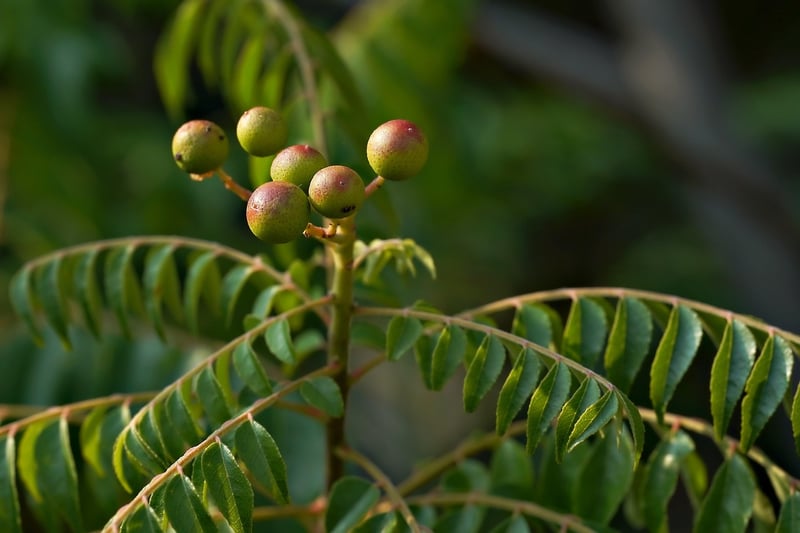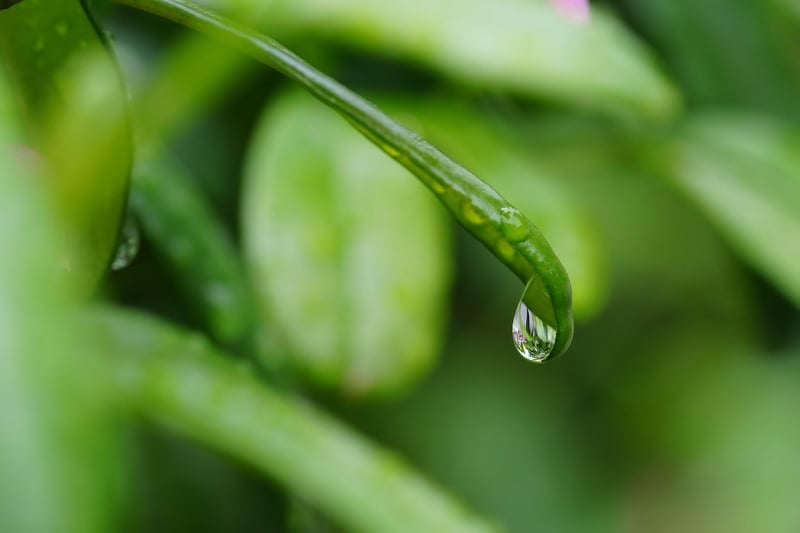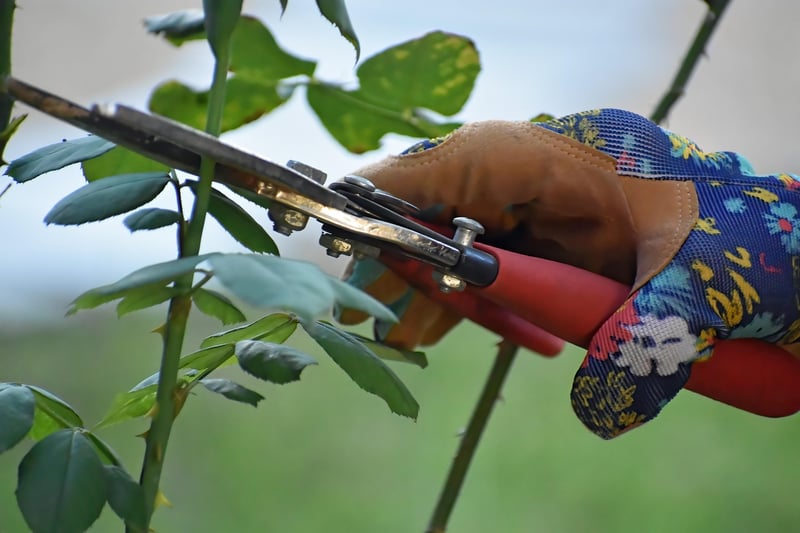Pruning Techniques
Guidance on Nurturing Plants and Pruning Techniques
Nurturing Plants
Properly nurturing your plants is essential to help them thrive and grow. Here are some tips to ensure your plants stay healthy:
1. Watering
Water your plants regularly, but be mindful not to overwater. Different plants have different water requirements, so ensure you understand the needs of each plant.
2. Sunlight
Place your plants in locations where they can receive adequate sunlight based on their specific needs. Some plants require full sun, while others thrive in partial shade.
3. Soil Quality
Use high-quality soil that provides proper drainage for your plants. Consider adding fertilizers or compost to enrich the soil and provide essential nutrients.
4. Pruning
Regularly prune dead or overgrown branches to promote new growth and maintain the overall health of the plant. Proper pruning techniques are crucial for the plant's well-being.
Pruning Techniques
Pruning is a vital aspect of plant care that involves removing specific parts of the plant to encourage healthy growth. Here are some pruning techniques to follow:
1. Tools
Use sharp and clean pruning shears to make precise cuts without damaging the plant. Disinfect your tools before and after each use to prevent the spread of diseases.
2. Deadheading
Remove spent flowers by deadheading to redirect the plant's energy towards producing new blooms. This technique also enhances the plant's appearance.
3. Thinning
Thinning involves selectively removing branches to improve air circulation and sunlight penetration within the plant, reducing the risk of diseases.
4. Shaping
Shape your plants by pruning them to maintain a desirable size and form. Regular shaping helps control growth and enhances the overall aesthetic appeal of the plant.


By following these tips on nurturing plants and mastering pruning techniques, you can create a healthy and visually appealing garden that flourishes with vibrant foliage and blooms.
Remember, each plant species may have unique care requirements, so it's essential to research and understand the specific needs of your plants to ensure their optimal growth and well-being.
